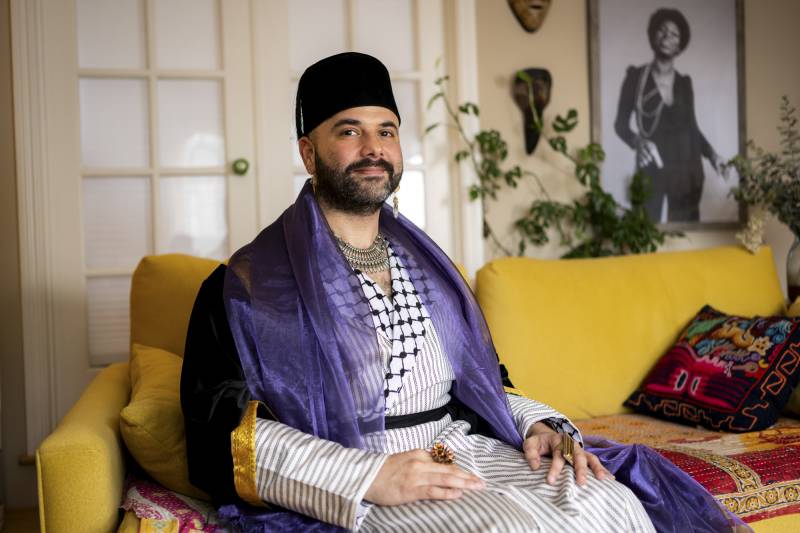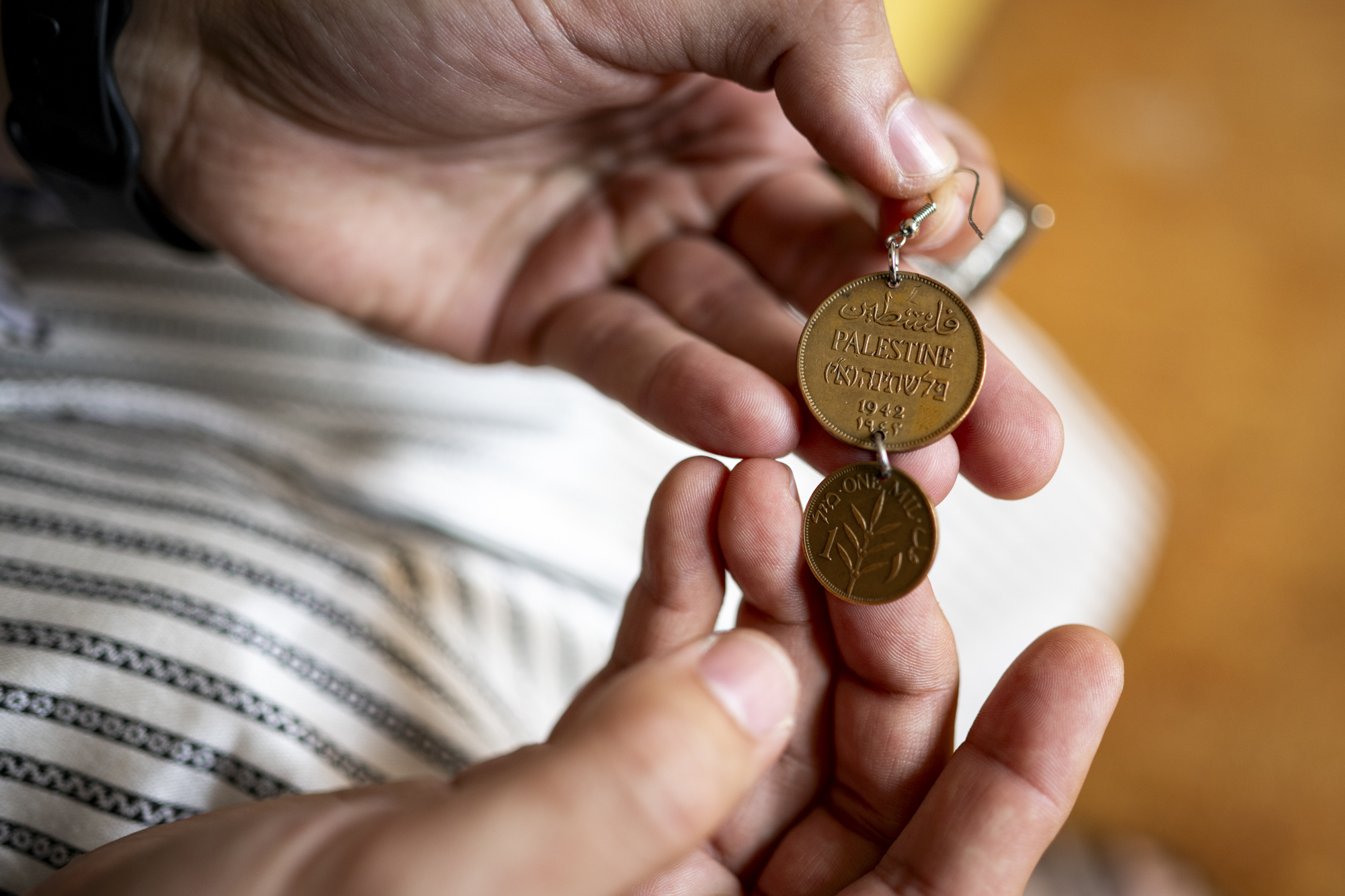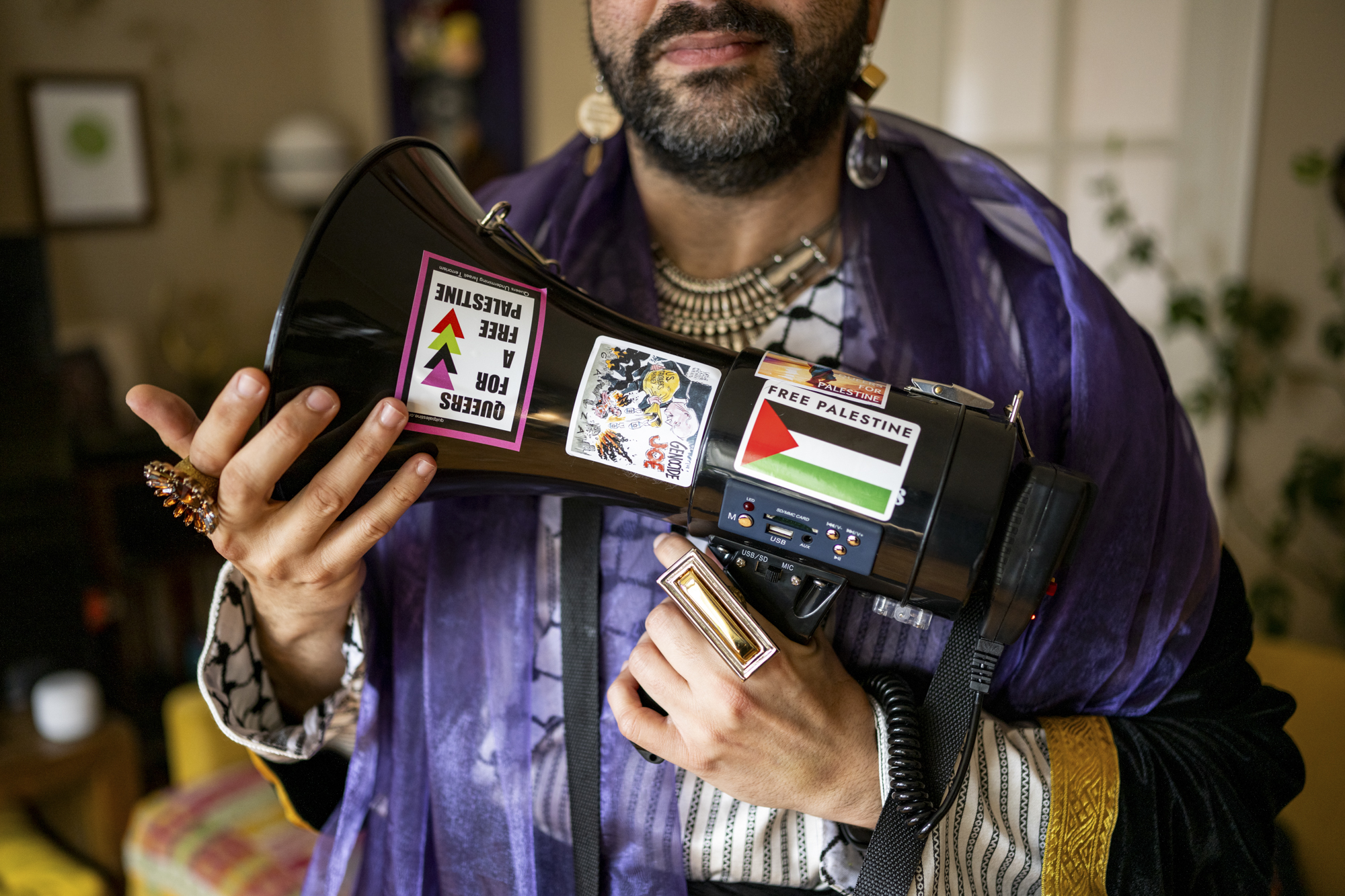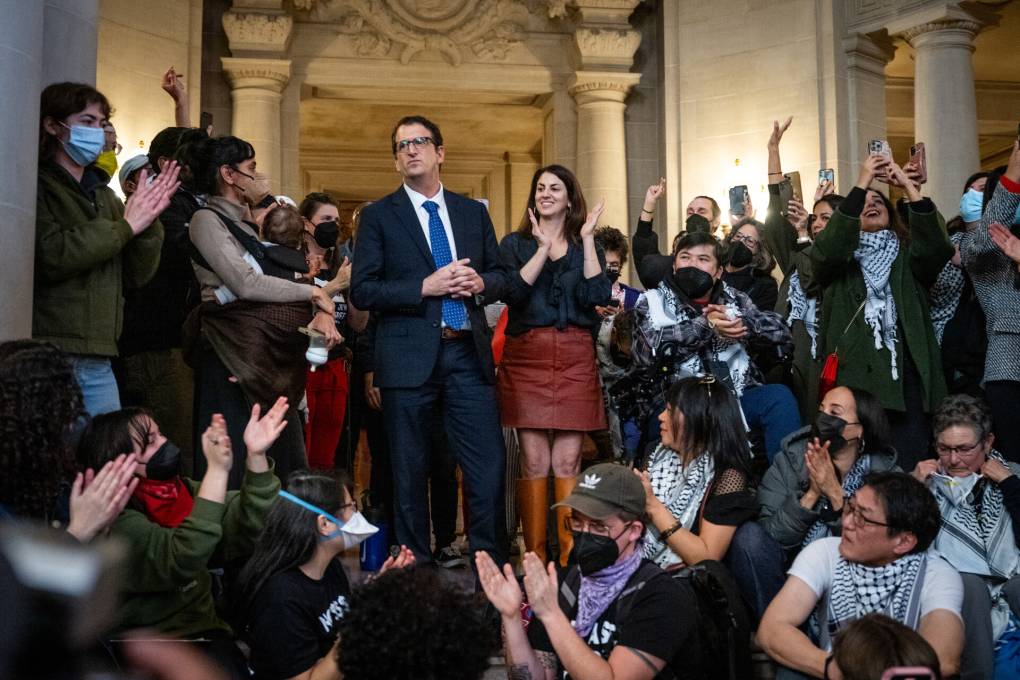O
ne day in October 2023, Rolla Alaydi woke up in her home in Pacific Grove, outside Monterey — and found that overnight, she had become responsible for the lives of 21 members of her family in Gaza.
“Because for them, I’m the only one in the U.S.,” Alaydi said. “I’m their only hope for them to survive.”
Alaydi’s four younger brothers and their families — with 13 children between them — are currently in Gaza, which Israeli forces have bombarded for nearly five months now. Since the Oct. 7 attack by Hamas, Israel’s siege on Gaza has resulted in a Palestinian death toll topping 28,000 and over 68,000 wounded, according to Gazan health officials.
And for those who have survived so far, their lives have been forever altered.
Tens of thousands of Palestinians have been completely uprooted, with over 75% of Gaza’s population displaced. Nearly a quarter of Gazans do not have a home to return to after an estimated 54% to 66% of buildings in the Gaza Strip have been damaged or destroyed, according to researchers from Oregon State University and City University of New York. These buildings include Alaydi’s family home.
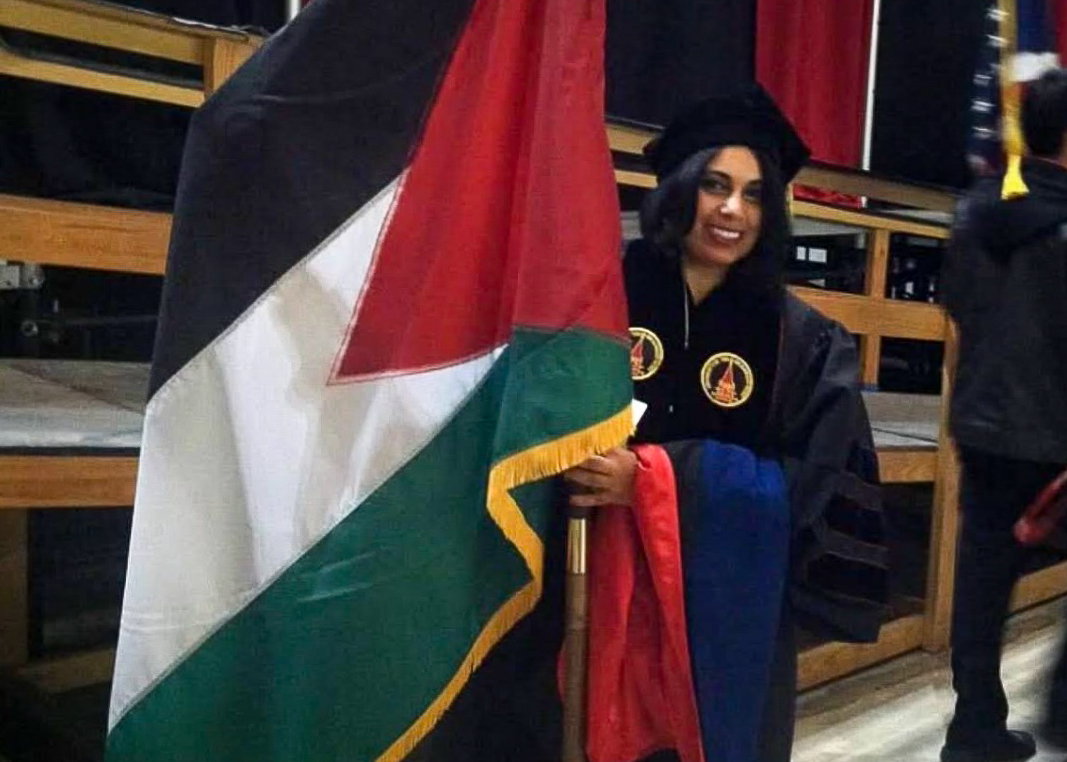
Since Israel’s military assault on Gaza began, Alaydi’s family has been displaced multiple times, she said. First, they were forced to flee their family home in North Gaza where they all lived — where one of her brothers planted olive trees, where another planned on opening his own law firm for his community — when it was destroyed by artillery. In the desperate rush, they were unable to grab any documentation like passports.
Now, the family is living in a tent in South Gaza near Rafah’s Crossing: An area at the border of Gaza and Egypt, which has recently been under attack by Israeli authorities.
“If they are not killed by a missile, the starvation is hunting them,” Alaydi said — along with disease because of the unsanitary conditions in such camps. “Death is chasing them.”
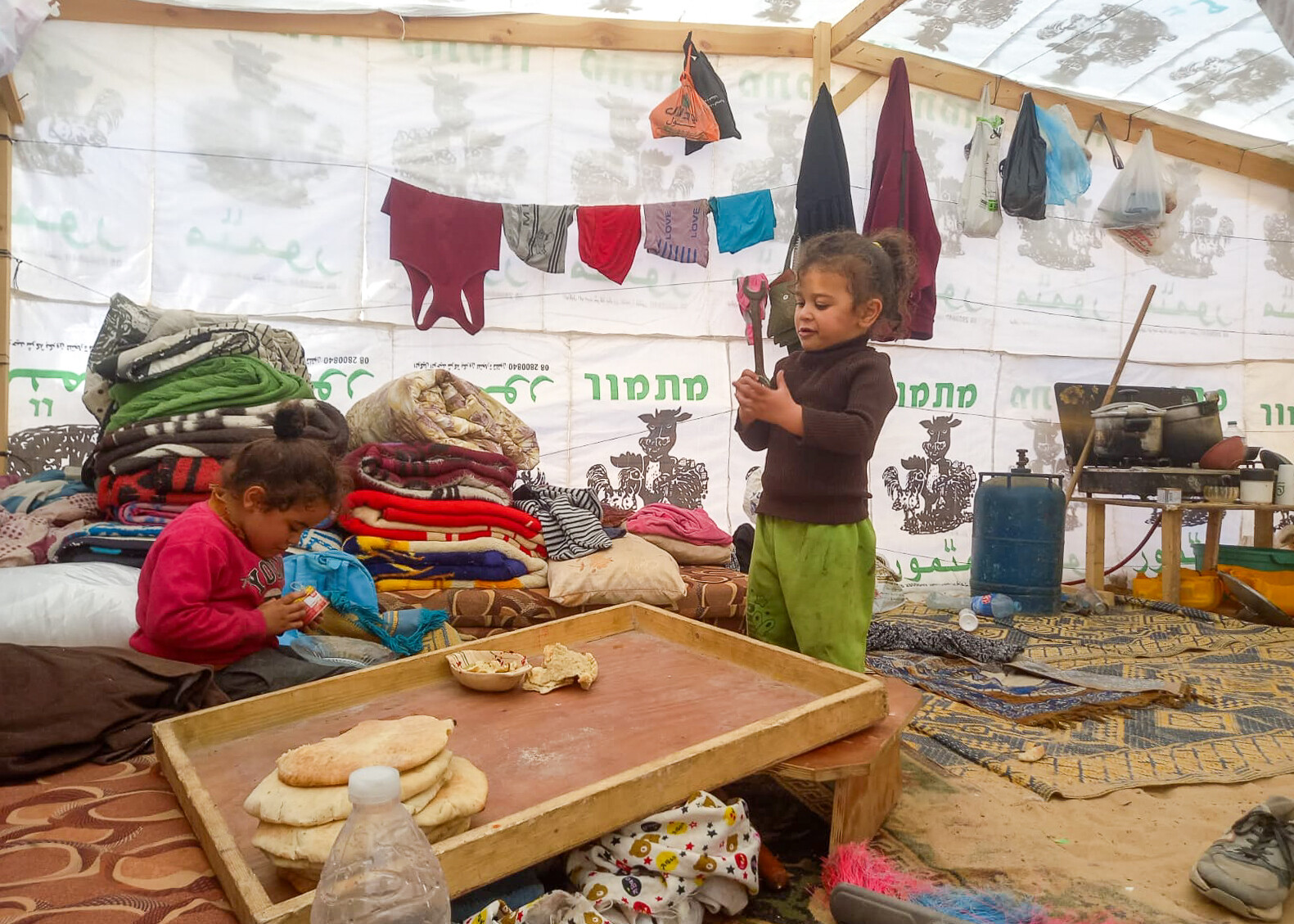
‘Do whatever it takes’
Alaydi is not alone. Around the wider Bay Area, the state and around the globe, the Palestinian diaspora is scrambling to find legal options to help their families in Gaza.
And when family members aren’t U.S. citizens — as Alaydi’s aren’t — one of those options is through immigration.
Alaydi herself was born in a refugee camp in central Gaza, and has lived in California for six years after coming to the United States as a Master’s student in Texas. Now, she is currently working with an attorney with hopes of securing humanitarian parole for her family. This temporary emergency immigration status allows certain family members to enter the U.S., and while the legal help she’s receiving is pro-bono, Alaydi is also privately fundraising to cover costs such as filing fees and travel.
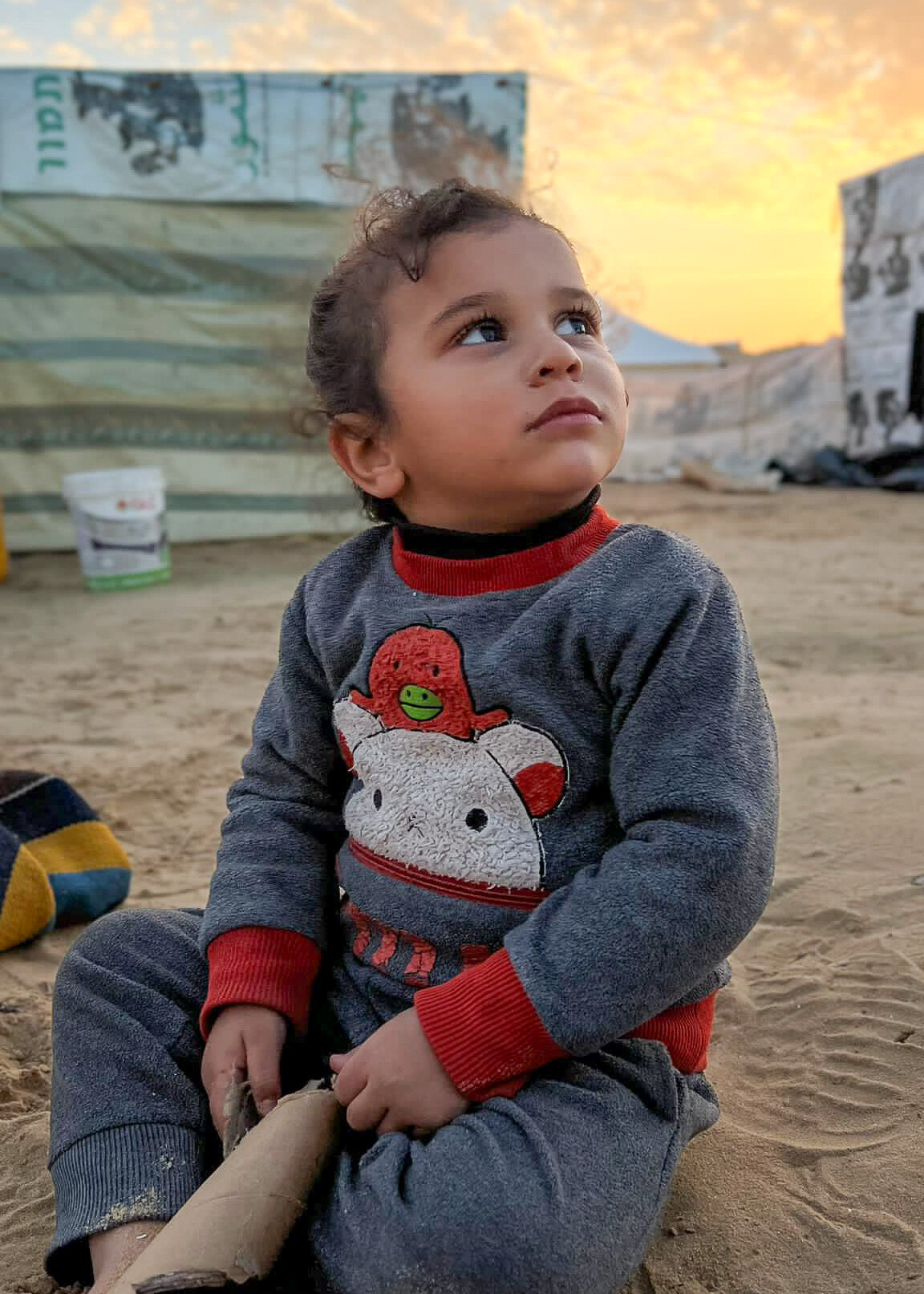
“The minute I put my head in the pillow, I just see their faces,” Alaydi said through tears. “And they are just calling me for help and [to] rescue them.”
One of Alaydi’s brothers, Musbah, is diabetic and has gone without access to insulin for months now, she said. Her youngest brother Hammam, age 26, was diagnosed with stage one cancer before Israel’s attacks on Gaza began.
Hammam resisted leaving Gaza at first, Alaydi said, telling her he was going to die. And then, changing his mind, he left Alaydi a voice message one day: “‘Do whatever it takes,” he told her. “I want to get out from Gaza. I want to live. Life is precious.’”
